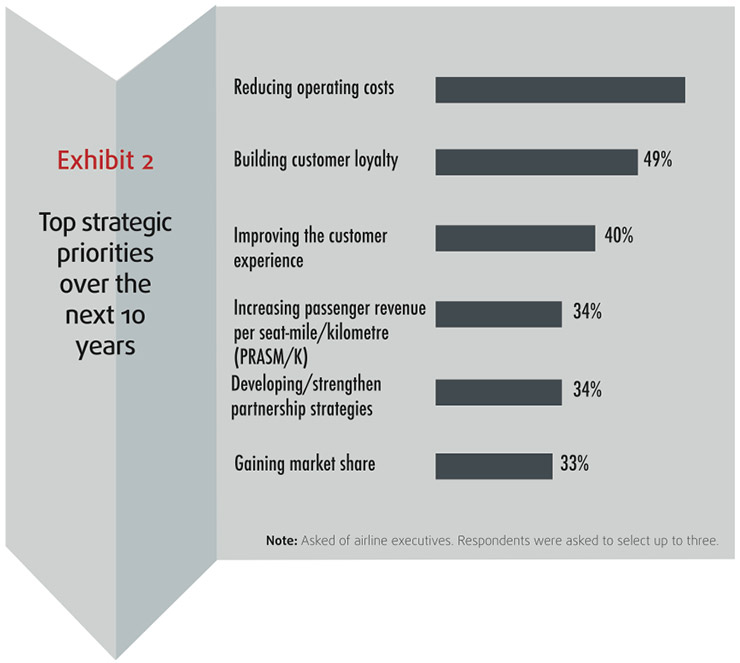Last week, while waiting in the airport during a flight delay caused by a fire at the Chicago air traffic control center, I had many opportunities to observe passengers interacting with airline representatives. Some of those interactions ended positively, thanks to some seriously heroic gate agents armed with empathy and a good sense of humor despite their inability to change the circumstances. However, I observed far more interactions that ended with passengers storming away, muttering “That’s the last time I ever fly [insert airline here].” The trigger for these angry outbursts? Airline customer service representatives who demonstrated no compassion for what passengers were experiencing.
In our conversations with and observations of air travelers, we hear this story over and over: “I had a terrible experience with that airline, and I swore I’d never fly with them again.” When we delve into the reasons passengers dump airlines, it’s most commonly poor customer service.
Airlines recognize the need to improve the customer experience. At the Skift Global Forum yesterday, the American Airlines director of social spoke about reinventing customer service to be more proactive. While customer service is a major priority for airlines, keeping costs down is more critical. A recent Sabre/Economist whitepaper on the future of air travel found that airlines place improving the customer experience and customer loyalty as their #3 and #2 priorities, behind reducing costs. Their challenge is to address the select few crucial aspects of the customer experience that drive loyalty in the most cost-effective manner. Everything else is jettisoned.

Passengers jettison airlines just as quickly because they have little reason to stay. Airlines have competed on price for so long that they’ve become nearly identical. Some airlines have sacrificed everything possible that adds to the price of flying: space, comfort, customer service, routes, food, drink, entertainment, and even plain human decency. Their experiences have been stripped down to the least common denominator, making them indistinguishable.
The Sabre whitepaper resonates with what we’ve heard:
Air travel, of necessity, revokes most adult privileges and choices. Passengers sit in their assigned seats, sitting up straight when prompted; they eat when it’s snack time and only what’s available; they can even be refused bathroom privileges. Legitimate concerns about costs, revenues and ROI have led to a far more Spartan flying experience with more seats, less legroom and flights often at full capacity. Heightened security concerns have also inserted intrusive and time-consuming hurdles between the traveller and the departure gate.
-“The Future of Air Travel”, Sabre/Economist Intelligence Unit, 2014
So why haven’t airlines gone out of business? In most industries, depriving your customers of everything they love about your service is a sure way to become irrelevant. However, air travel is not optional, and it’s not likely to become optional anytime soon. In fact, demand for air travel worldwide is increasing steadily.
Airlines aren’t going anywhere, but they still must compete for market share. In an industry where customers can’t differentiate the competitors, the airline with the best customer service wins. And that’s what we at flightSpeak aim to do. We give airlines insight into the customer experience so they can prioritize customer service issues and act with confidence.
Again, from the Sabre whitepaper:
Airlines can make additional gains by making better use of another proven technology — social media — before, during and after flights. Social media can improve customer service by serving as a fast workaround for overwhelmed phone lines or gate agents. They can also provide a richer exchange of information with customers in both directions, giving carriers an opportunity to listen, learn and respond.
-“The Future of Air Travel”, Sabre/Economist Intelligence Unit, 2014
Our app gives air travelers a means of sharing feedback in real time about their flight with their fellow passengers. Our special relationships with airlines allow us to share that feedback quickly and effectively, giving them the ability to respond to travelers’ needs more proactively.
Without this real-time look into how customers feel and how it’s impacting repeat bookings, airlines are flying blind. At flightSpeak, we aim to give airlines the critical insight they need to see key opportunities to improve the customer experience.